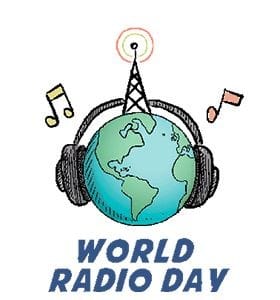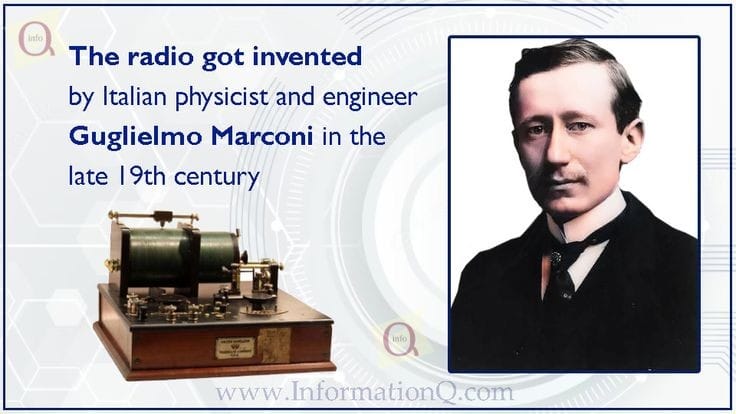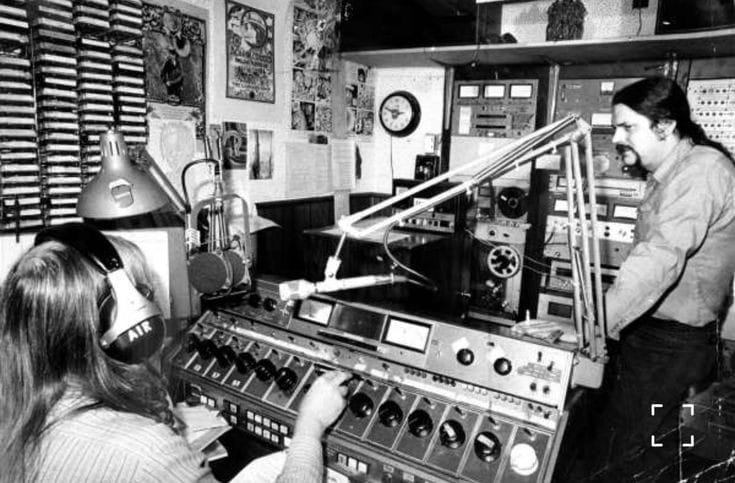For more than a century, the radio has been the most reliable, trusted, and most followed means of communication for the human race.
February 13th was proclaimed by UNESCO in 2011 and adopted as an international day by the United Nations in 2012 as the world radio day. This media is celebrated every year on this day remarking the date of the first official UN broadcast dating back to 1946. It was developed by Italian physicist and engineer Guglielmo Marconi in the mid-1890s for distant radio communication and remains a good companion for us humans in entertainment, knowledge, and spreading awareness even if it has faced numerous challenges with the advancement of technology discovering high-tech new means of communication and streaming services, and web browsing being at the Vanguard.
For this year the theme of World Radio Day is “Radio: A Century Informing, entertaining, and Educating” shedding light on its consistent contribution to past, present, and future in the field of mass media. Radio reaches a vast audience despite race, religion, financial status, education level, tribe, and gender.
We still need the radio in our lives because it benefits us a lot. Unlike other electronics, this helps us reduce screen time which causes harmful effects on the human nervous system and brain and also affects obesity, depression, sleep difficulties, and chronic neck discomfort. Most importantly radio nurtures our thinking and creative imagination giving us the freedom to build up our own dimensions to a storyline, song, or poetry. Moreover, it brings the community together from bustling urban centers to most remote villages, building harmony among people and making individuals’ voices heard and appreciated. Also, it has a utilitarian value since it is a relatively free and portable public safety net used to share critical information during emergencies and power outages due to man-made or natural catastrophes. It is considered a medium of resilience because of the ability to broadcast without dependence on intricate infrastructures.
According to UNESCO, 43,773 active radio stations are catering to 70% of the world’s population. This exemplifies how the radio has been successful in continuing its relevancy for 100 years, to be a major mass communication mode of expression. Let us tune in to the next century of radio embracing its importance and impact in full volume.
Written by Shakya Rathnatilake.
Image Courtesies:
Featured Image: https://pin.it/3nwlyn3yi
Image 1: https://pin.it/2Myy5yhFO
Image 2: https://pin.it/5nsrSeXgy



